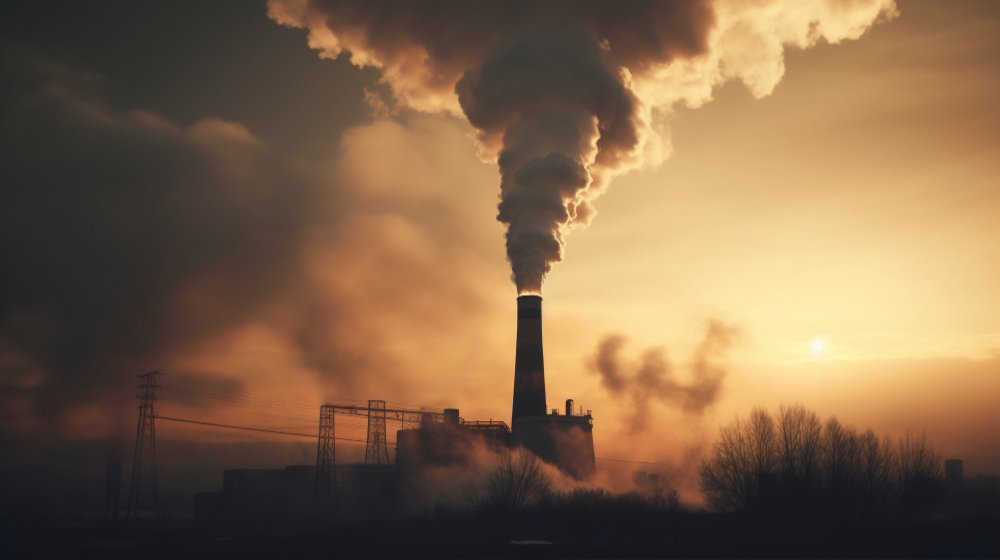
Waste Management in Chemical Industry
January 16, 2024Global Energy Crisis and The Rising Energy Costs
January 16, 2024In light of the energy crisis and global warming, it has become imperative for industries to focus on becoming more energy efficient. Energy consumption in the chemical industry is known to be one of the highest among all industrial sectors. Energy efficiency has become a top priority in chemical manufacturing, and many companies are turning to AI technology to help them achieve this goal. AI can help chemical manufacturers reduce energy consumption by optimizing their processes and improving their production methods. In this article, we will discuss how artificial intelligence can be used to bring sustainability into chemical manufacturing.
Global Energy Crisis and The Rising Energy Costs
We are on the verge of a new era in terms of energy use – and in the following decades, we will most likely see a radical change in consumption patterns, not only on the individual level but also on a broader scale. The dynamically changing geopolitical situation has affected the fossil fuel market, fuelling changes that we have been putting off for years.
For a long time, the European Union has been promoting natural gas as a greener alternative to coal which could support EU countries in the transition to renewable resources. These politics had to be revised with the recent Russian invasion of Ukraine. Since its start, countries worldwide have started questioning this energy policy in terms of both environmental and moral perspectives. At the same time, the prices of fossil fuels skyrocketed, causing losses and affecting local economies.
With these implications, the European and US manufacturers agreed that gaining independence from the Russian gas delivery is a priority. That, combined with increasing pressure on sustainability due to the deepening climate crisis, enforces aiming toward renewable energy production and self-sufficiency through the use of solar panels and other sustainable solutions. Meanwhile, the essential goal for the industries is to reduce their energy consumption as much as possible to reduce their carbon footprint and cut energy-related expenses since, at this point, the majority of energy still comes from fossil fuels.
Energy and CO2 Management for Chemical Manufacturing
The debate on fighting the climate crisis has evolved significantly in recent years, shifting the burden from individual actions to mobilizing the biggest emitters. Even though chemical manufacturing is mainly associated with pollution, it has a significant impact on global carbon dioxide emissions, too.
While it is the largest consumer of oil and gas among industrial subsectors, its carbon print stays far behind the cement, iron, and steel industry. The reason is simple – a big part of its energy input is consumed as feedstock. That said, its contribution to climate change is still not to overlook.




